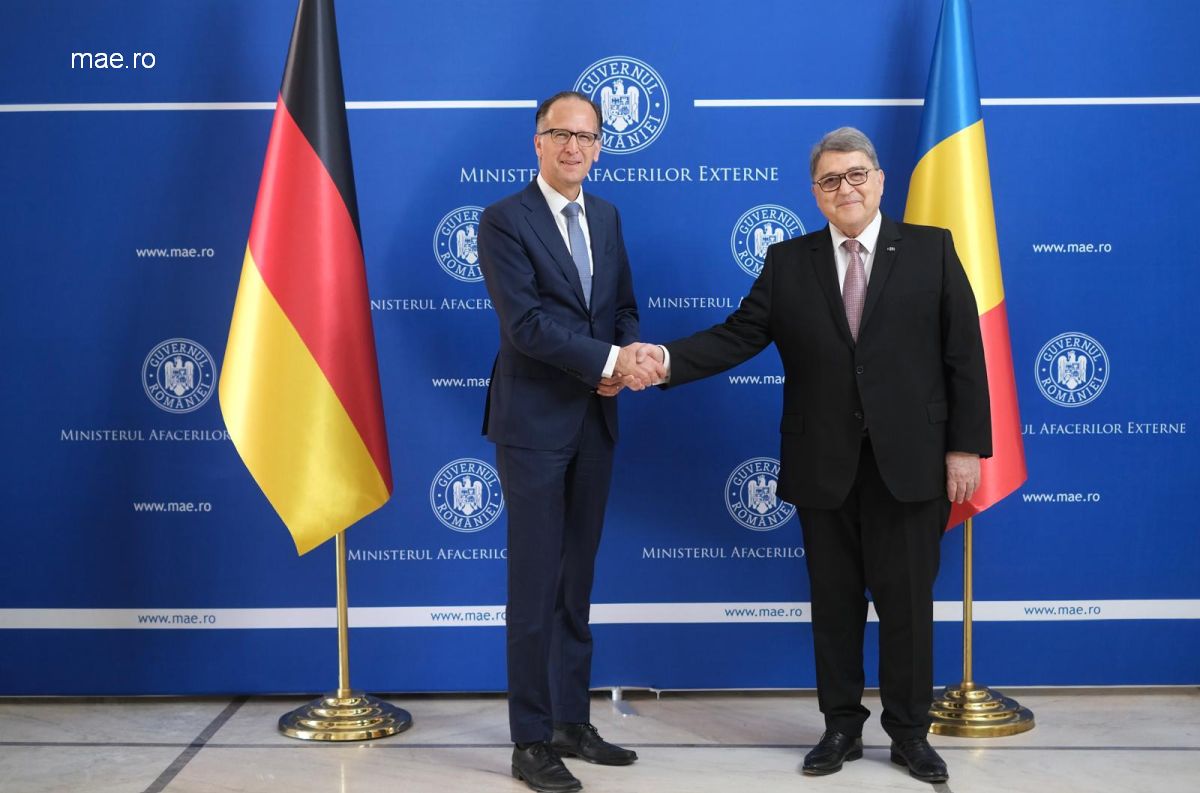Romania and the Recent International Crises
In only two days, some 100 people were killed in Nice, France, and about 300 in Turkey.

Daniela Budu, 18.07.2016, 13:34
France and Turkey have lately faced horrific days of terror that
have left behind many victims. On Thursday evening, when France was celebrating
Bastille Day, a Franco-Tunisian man rammed his lorry through the crowds
gathered on the waterfront, killing more than 80 people and wounding hundreds,
including children. The attack was claimed by the Islamic State Jihadist group.
Romanian citizens are reported among the victims. The Romanian Foreign Ministry
has announced that the representatives of the Romanian diplomatic mission in
France are in permanent contact with the medical staff and are monitoring the
evolution of the health condition of the Romanians who were injured. The
Romanian PM Dacian Cioloş has talked on the phone with his French
counterpart Manuel Valls about the Romanian citizens who were in Nice when the
attack occurred.
France declared three days of national mourning and observed a
moment of silence in memory of the people killed in the attack. Over 500 people
have so far asked for psychological counseling at the support centers set up in
Nice for the witnesses of the attack who were traumatized by what they saw. The
French authorities have arrested several people suspected of involvement in the
attack.
In another development, around 300 soldiers and civilians have been
killed and 1,400 wounded in Turkey, in a failed coup d’etat attempt. Part of
the Turkish army tried, on July 15, to remove the Turkish President Recep Tayyp
Erdogan from power. The army said their move was meant to preserve secularism
and freedoms as well as to reinstate constitutional order in Turkey. Later,
President Erdogan announced the attempted coup d’etat had failed and called on
the people to take to the streets. The failed coup was followed by thousands of
arrests and dismissals.
Although Recep Tayyp Erdogan was elected
democratically, he is accused by some of trying to impose Islamic values in his
country. Despite his popularity, over the past years President Erdogan has been
criticized for preventing access to a free press, for silencing his critics,
including journalists, for promoting Islam in the secular environments and for
extending his presidential prerogatives. In the aftermath of the coup, air
traffic was disrupted in Ankara and Istanbul. Many Romanian citizens have been
affected, as their flights to and from Turkey were cancelled or postponed. The
Romanian Foreign Ministry has made available a hot line for the Romanian
citizens affected by the events in Turkey, and over 2 thousand calls have
already been reported. Hundreds of Romanian citizens have been sent back home
at the expense of the Romanian Foreign Ministry with the help of the crisis
cell set up in Bucharest.
Two mobile consular teams within the Romanian Embassy in Sofia
(Bulgaria) have facilitated the transit of scores of vehicles transporting
Romanian citizens through two crossing points on the border with Turkey. The
Romanian Foreign Ministry has recommended Romanian citizens to avoid traveling to
Turkey, unless strictly necessary.






























